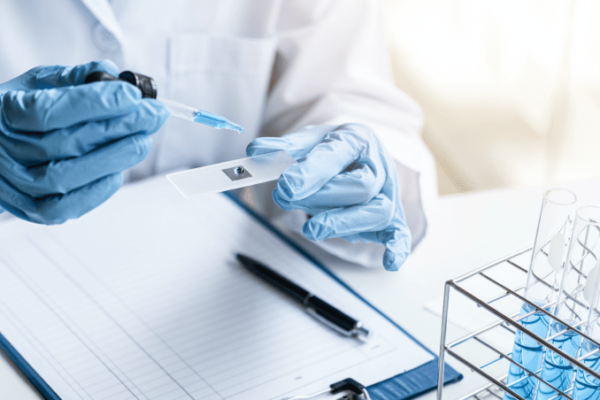Marijuana Legalization by James Thompson, MD, Co-Founder and Chief Medical Officer


Marijuana Legalization
By James Thompson, MD, Co-Founder and Chief Medical Officer at Master Center for Addiction Medicine
On July 1st, after more than 100 years of prohibition, the sale, cultivation, and recreational use of marijuana became legal in Virginia. While the news is remarkable, most observers felt like it was only a matter of time. Marijuana is seen by many as a relatively harmless drug while the fight to forbid it and punish those who use it has often sometimes seemed pointless, even harmful, more so than the drug itself. But the War on Drugs has always been a political issue – the question, as far as addiction treatment experts are concerned, is how legalization might affect the health of Virginians and our patients.
This past fall, I was asked to join a work group tasked with informing Governor Northam about the potential health consequences of legalization. My primary point was that legalization will, regardless of any perceived benefits, lead to increased marijuana use and more drug use always leads to more cases of substance use disorder. In fact, some very solid studies of marijuana use disorder in the states where marijuana has been legalized confirmed that since legalization (a period of about 6 years) there was a 1% increase in the incidence of marijuana use disorder.1 While 1% may not seem like much for all the harm that legalization might avoid, in Virginia it represents about 10,000 people with a new addiction.
Addiction, or substance use disorder, is a disease of the brain that leads to the inability to use drugs in a safe, responsible way. Those who suffer from it find themselves putting drug use above what they once thought of as the ‘more important things in life’ – like relationships, jobs, personal growth, and even their own health. What is even worse, those who suffer from addiction eventually come to realize that their drug use is hurting them, but they find themselves unable to stop it.
Although marijuana is indeed a less toxic, less dangerous drug compared to heroin, methamphetamine, or even alcohol, the disease of addiction is crippling, and many times, fatal. Also, although it is less likely to cause obvious physical dependence, consistent and heavy marijuana use does in fact cause dependence and serious withdrawal symptoms when a person tries to stop using. For some of those whose primary drug of choice is an opiate or other ‘hard’ drug, the temptation to see marijuana as a ‘safe’ alternative can be very appealing, but in addition to becoming a serious problem of itself, substitution nearly always leads back to the more dangerous drug.
At Master Center, our policy on marijuana use is in line with the recommendations of the American Society for Addiction Medicine:
· That although marijuana may be less dangerous than other drugs, it is still an intoxicant that can lead to the disease of addiction,
· That lasting recovery requires abstinence from all drugs of abuse – including alcohol and marijuana, and
· That treatment works and can lead to joyful, fearless, lifelong recovery
1. Cerda, Mauro, Hamilton, et al Association Between Recreational Marijuana Legalization and Changes in Use and Disorder, JAMA Psychiatry. 2020;77(2):165-171. doi:10.1001/jamapsychiatry.2019.3254


